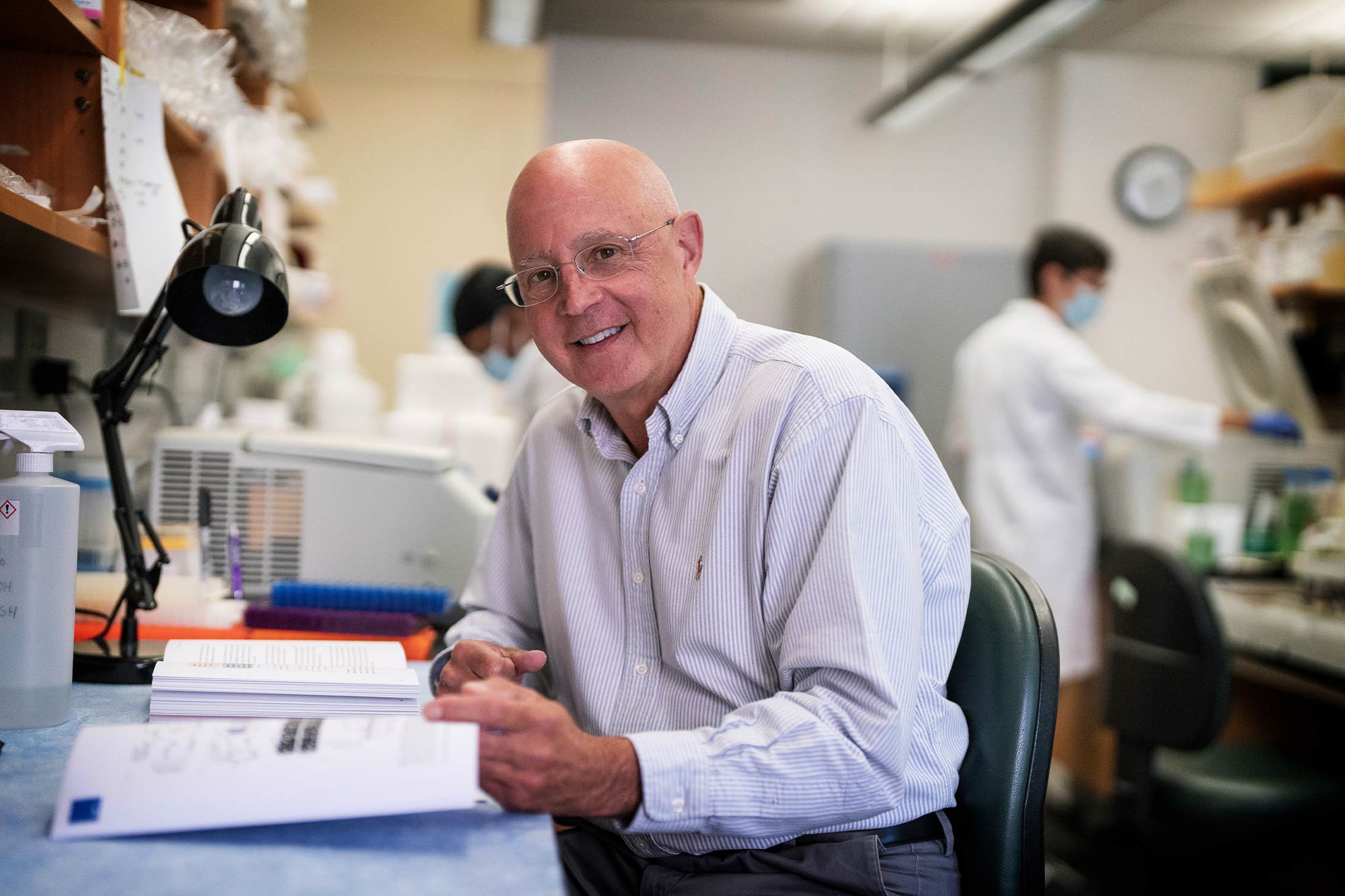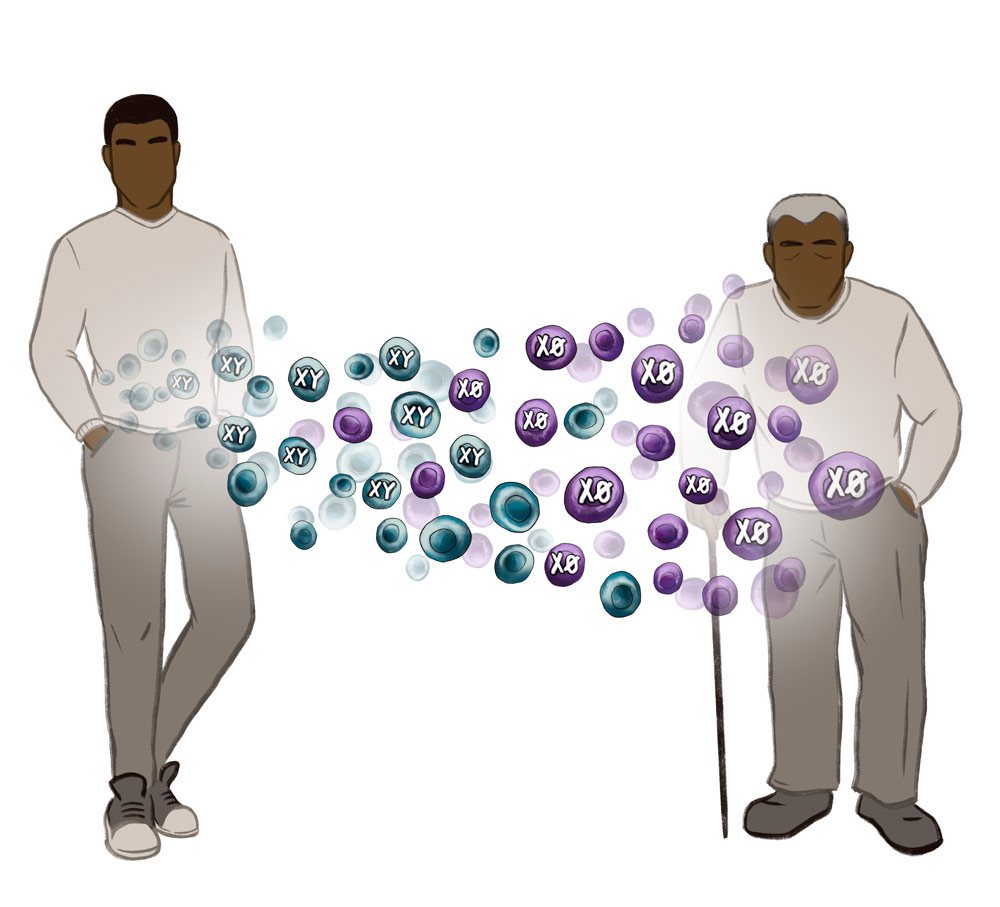Potential Treatment
The findings suggest that targeting the effects of Y chromosome loss could help men live longer, healthier lives.
Walsh notes that one potential treatment option might be a drug, pirfenidone, that has already been approved by the federal Food and Drug Administration for the treatment of idiopathic pulmonary fibrosis, a form of lung scarring. The drug is also being tested for the treatment of heart failure and chronic kidney disease, two conditions for which tissue scarring is a hallmark. Based on his research, Walsh believes that men with Y chromosome loss could respond particularly well to this drug, and other classes of antifibrotic drugs that are being developed, though more research will be needed to determine that.
At the moment, doctors have no easy way to determine which men suffer Y chromosome loss. Walsh’s collaborator Lars A. Forsberg, of Uppsala University in Sweden, has developed an inexpensive polymerase chain reaction, or PCR, test (like those used for COVID-19 testing) that can detect Y chromosome loss, but the test is largely confined to his and Walsh’s labs. Walsh, however, can foresee that changing: “If interest in this continues and it’s shown to have utility in terms of being prognostic for men’s disease and can lead to personalized therapy, maybe this becomes a routine diagnostic test,” he said.
“The DNA of all our cells inevitably accumulate mutations as we age,” said Walsh, a member of UVA’s Department of Biochemistry and Molecular Genetics. “This includes the loss of the entire Y chromosome within a subset of cells within men. Understanding that the body is a mosaic of acquired mutations provides clues about age-related diseases and the aging process itself.
“Studies that examine Y chromosome loss and other acquired mutations have great promise for the development of personalized medicines that are tailored to these specific mutations,” Walsh said.





